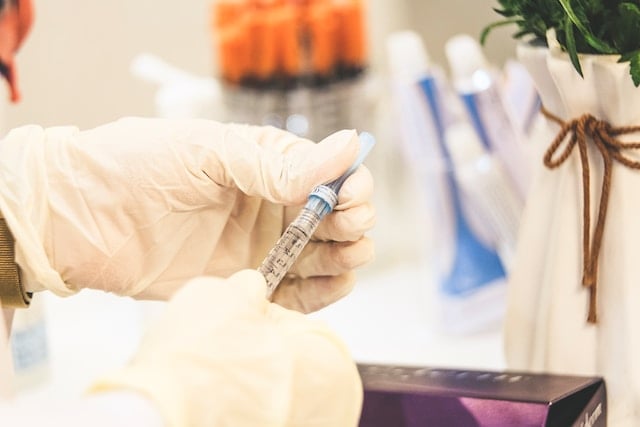Recent research from Canada’s York University indicates that COVID-19 booster shots offer superior long-term immunity compared to the initial vaccination series alone. The study, conducted by the Centre for Disease Modeling in the Faculty of Science, highlights the prolonged effectiveness of booster shots in enhancing immunity against COVID-19.
COVID-19 booster enhances immunity
The study conducted by researchers from York University and the University of New Brunswick analyzed health data from over 150 individuals who received either the Pfizer-BioNTech or Moderna COVID-19 vaccine. Led by Post Doctoral researchers Chapin Korosec and David Dick, along with Professors Iain Moyles and James Watmough, the study aimed to assess the longevity of immunity following vaccination.
Mathematicians develop mathematical models of the immune system and calibrate them using healthcare data to enhance comprehension. Korosec, the lead author, finds the significant increase in protective longevity capacity from the SARS-CoV-2 booster dose intriguing.
The research utilized Canadian vaccine data from long-term care residents and healthcare workers. On average, the antibody half-life for the primary vaccine series was 63 days, increasing to 115 days with a booster shot. Age plays a role in the body’s immune response to vaccination, with older individuals potentially experiencing lower efficacy.
Age determines response of the body to vaccines
Chronological age denotes time since birth, while immunological age, correlated to chronological age, reflects the body’s diminishing capacity to defend against pathogens and generate antibodies over time. Aging increases susceptibility to diseases affecting the immune system in complex ways.
Researchers found that older adults exhibited a shorter-lasting immune response, but when adjusting for co-morbidities like hypertension or lung disease, age ceased to significantly affect immunity. Notably, men showed a slightly stronger immune response compared to women, and individuals with asthma displayed a more enduring immunity than those with hybrid immunity from vaccination and previous COVID-19 infection.
The study’s results revealed unexpected outcomes, prompting interest for further investigation. However, the researchers clarify that they do not endorse any specific comorbidity as advantageous. They acknowledge the lack of data on how asthma impacts COVID-19 severity.


